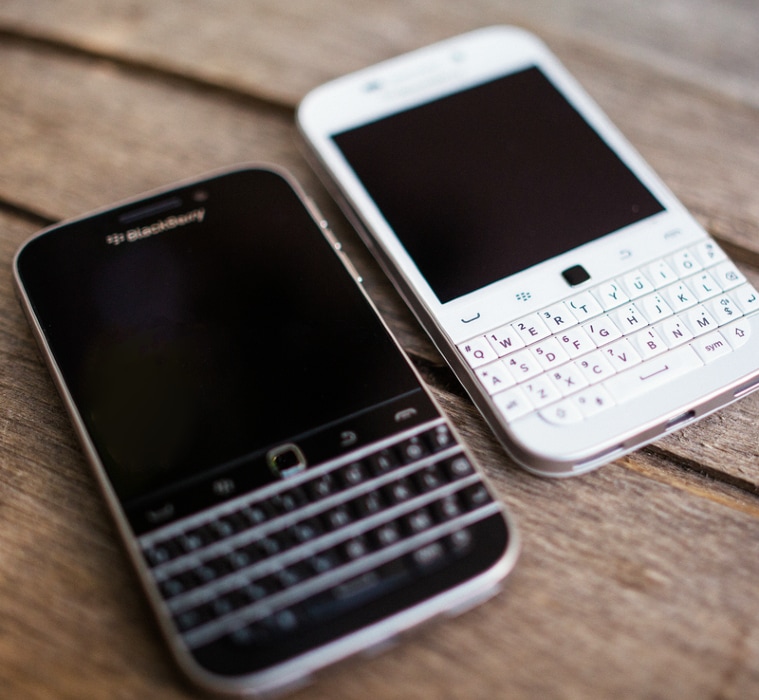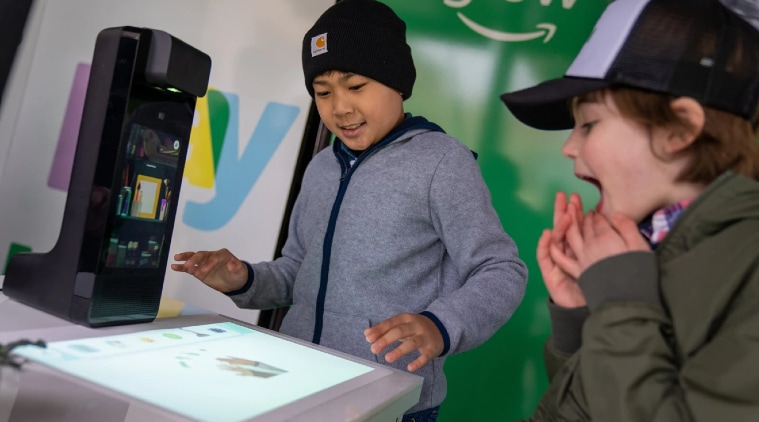It’s been a rollercoaster of a year in the world of tech. Elon Musk’s $44 billion takeover of Twitter and the drama that unfolded after kept everyone guessing the social media giant’s future. ChatGPT delivered human-level writing, giving us a glimpse into the potential future of artificial intelligence. But during the past year, we also saw many products and services leave us forever. Some will be dearly missed, and others, well, forgotten for good. We mourn their passing and take time to remember them as the pages of the calendar turn.
iPod Touch
Although it didn’t come as a shock, the discontinuation of the iPod Touch had been in the cards for several years now. The iPod, the iconic music player introduced by Steve Jobs in 2001, peaked in popularity when the iPhone debuted. Despite that, Apple kept selling the iPod in various shapes and designs. The last remaining model of the iPod Touch closely resembles the iPhone 4, sans cellular connectivity. With streaming services like Spotify and Apple Music becoming the norm of the day for listening to music, the $199 iPod Touch started to feel unnecessary. One wonders why it took Apple so long to discontinue the iPod Touch which barely got updated in the past few years. The iPod Touch was a great entry-level device to experience apps and games, but only until the iPhone, which also had the same capabilities, became popular. The brand “iPod” may be dead but Apple’s little music player will always be remembered for changing how we listen to music.
 Despite deep resources, Google failed to support its cloud-based video game streaming service Stadia. (Image credit: Google)
Despite deep resources, Google failed to support its cloud-based video game streaming service Stadia. (Image credit: Google)
Google Stadia
When Stadia was launched in 2019, Google laid out a disruptive strategy to take on traditional game consoles with a cloud-based gaming service. From Day One, Google built the narrative that Stadia would steam AAA games to all your devices. And we all submitted to Google’s vision. The idea of being able to access the biggest blockbuster games without having to own a console was undeniably appealing.
But what was initially pitched and the end product was completely different. There was no clarity as to what kind of audience was deemed fit for a platform like Stadia. The lack of notable exclusives had been the problem from the beginning but when Google started to offer Red Dead Redemption 2 and Cyberpunk 2077 on Stadia, people either already owned those games on other platforms or intended to buy them for the platform they already owned. Stadia was built on impressive technology but like many of Google’s past failed products, the Silicon Valley behemoth yet again failed to understand the market they were trying to enter.
In early 2021, Google announced it would shut down its in-house development studios and said it would instead offer Stadia as a platform for others to build. In September 2022, as many had anticipated, the news of Stadia shutting down was made official. Many feel Google shouldn’t give up easily on Stadia but the truth is that the company had already sensed that Microsoft might become its biggest competitor in the cloud gaming segment. The surprise success of the Xbox Game Pass and Microsoft’s rising status in the gaming world may have clues to the demise of Google’s Stadia.
 Finally, services for the older devices were brought to an end on January 4. (Image credit: BlackBerry)
Finally, services for the older devices were brought to an end on January 4. (Image credit: BlackBerry)
BlackBerry
Ladies and gentlemen…a 2-minute silence for BlackBerry. The year 2022 finally brought an end to legacy BlackBerry devices. The Canadian company announced that it had shut down the servers needed for older BlackBerry devices to work properly. As of January 4, any phones or tablets running BlackBerry’s own software will “no longer reliably function.” That means your old Blackberry device will be nothing more than a paperweight without making calls or sending texts. Once synonymous with business executives, BlackBerry has seen dizzying heights but became a victim of its own success. While BlackBerry has been declared dead many times in the past, this time the phones actually went into silent mode forever.
 The kid-focused video-calling device, Glow, could also be used for interactive gaming. (Image credit: Amazon)
The kid-focused video-calling device, Glow, could also be used for interactive gaming. (Image credit: Amazon)
Amazon Glow
If you haven’t heard about Amazon Glow, you are not alone. The Glow was Amazon’s failed attempt at creating a video-calling device aimed at kids. The experimental video chat device had a table projector built-in. Kids could video chat with their grandparents, and the device projected games, books or puzzles into the table that responded through the touch. It was a unique product, available only by invitation. But six months after its wider rollout, Amazon stopped selling the device. The reason for Glow’s discontinuation isn’t clear but digging deeper into Amazon’s current state of affairs, it becomes clear the company has chosen to give up experimental devices and instead focus on products and services that have the potential to mint profits in the long run. Whatever may be the reason for the discontinuation, it is sad to see how a company kills uniquely positioned products when its priorities change.
Apple Watch Series 3
Many had started calling the Apple Watch Series 3 “unnecessary” and “pointless.” No, Series 3 was not a commercial failure. In fact, it was the complete opposite. For more than five years, Apple continued to sell the Series 3 despite the availability of an affordable entry-level Apple Watch SE option. The Series 3 wasn’t solving anything except being the most budget-friendly Apple Watch. The announcement of WatchOS 9 at WWDC and the lack of support for Series 3 confirmed the departure of the most successful Apple Watch model. The discontinuation of Series 3 wasn’t a complete surprise for many. The watch lacked a new-age design and its slower processor started to show its age. While the Series 3 is now gone for good, consumers can choose the Watch SE 2 as its replacement.
.